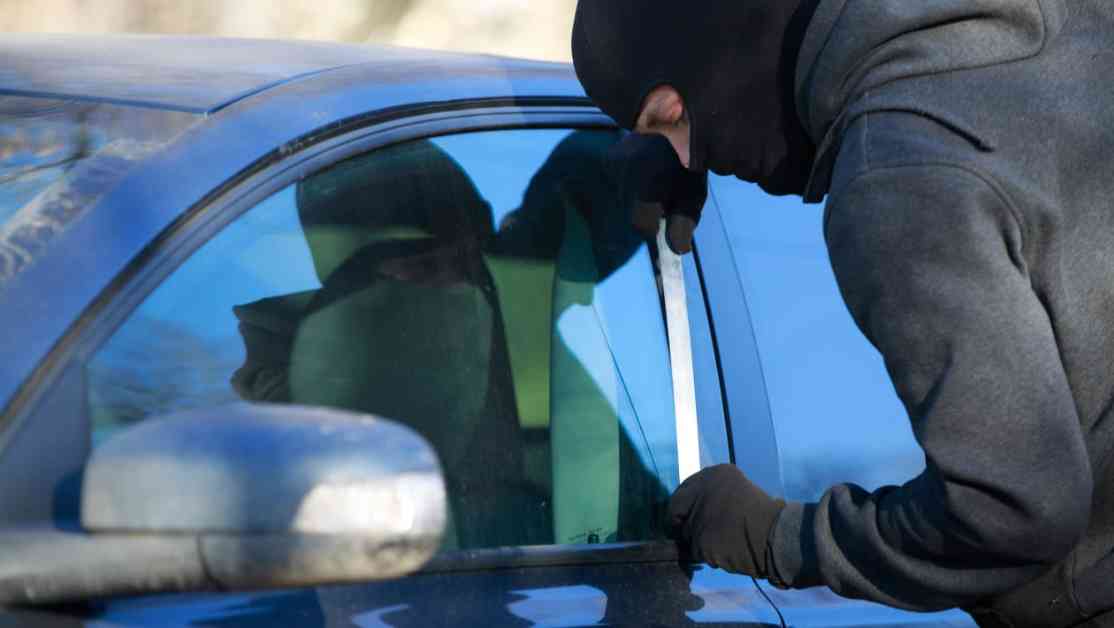Cars parked on the street are increasingly becoming targets for thieves looking to strip them for hard-to-find parts, taking advantage of the parts supply shortages that have affected the auto industry post-Covid. Criminal gangs are operating in full view of the public on UK streets, with up to one in five thefts from vehicles involving the removal of external parts from cars parked in public places. These thieves rely on the slow response of police forces, who are often unable to send officers to the scene promptly, even when crimes are reported in progress.
The issue of car stripping was recently raised in parliament by Edgbaston, Birmingham MP Preet Kaur Gill, who highlighted the recurring problem that is causing distress to residents. One of Gill’s constituents had their Toyota Yaris stripped of parts four times in a year, rendering it uninsurable. After switching to a different model, that car was also stripped in less than a week. Another constituent witnessed a theft in broad daylight and called the police, only to be instructed to log the incident online despite the crime happening right before her eyes.
An investigation by The Independent into the trend of ‘car cannibalism’ revealed that the success of West Midlands police in targeting ‘chop shops’ where stolen cars are stripped has led criminals to strip cars on the street instead, as the chances of being caught are lower. Government figures show that out of 145,000 reported thefts from vehicles between April and December last year, only 1.2% resulted in a charge or summons.
The rise in car crime is a concerning trend that is affecting many individuals who have fallen victim to these thefts. If you have experienced car crime, feel free to share your story in the comments below.
In addition to the challenges posed by car stripping, the auto industry is facing other issues such as driving test wait times increasing by 20%, the Labour Party’s plan to restore the 2030 ICE ban, potential fuel duty hikes, and threats of Chinese electric car tariffs by the EU. Labour also aims to address road infrastructure problems, with a commitment to fixing one million potholes per year under their new ‘Plan for Drivers.’
As car crime continues to rise and impact communities across the UK, it is essential for law enforcement agencies and policymakers to address these challenges effectively to ensure the safety and security of vehicle owners. The public’s awareness of these issues can also help in preventing future incidents and holding criminals accountable for their actions.










